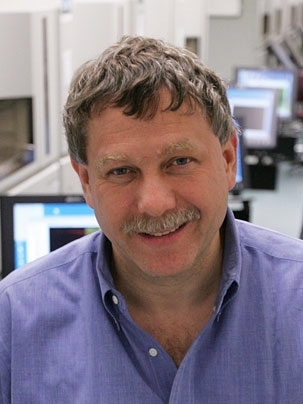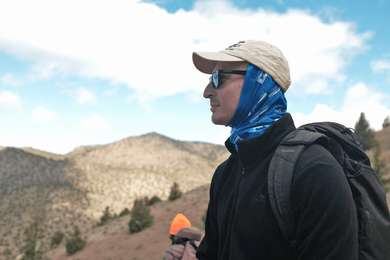President-elect Barack Obama on Friday named Eric Lander, the founding director of the Broad Institute, a co-chair of the President's Council of Advisors on Science and Technology (PCAST), a group that assists the president in making science and technology policy decisions.
Lander, widely renowned as one of the principal leaders of the Human Genome Project, is also a professor of biology at MIT and a member of the Whitehead Institute for Biomedical Research. His position on the PCAST is part-time, and he will continue as Broad director while serving with the group.
"[The appointment] is an honor, of course, but it's more the responsibility to serve right now," Lander said. "I can't think of a time when the problems and challenges facing the country -- environment and energy, health care, education -- had more to do with science and technology than they do today."
In announcing his science policy advisors, Obama described Lander's work on the Human Genome Project as "one of the greatest scientific achievements in history."
"I know [Lander] will be a powerful voice in my administration as we seek to find the causes and cures of our most devastating diseases," Obama said in his radio address.
Lander added, "It is exciting to have an administration that deeply understands the importance of science and scientific thinking."
In the last decade and a half, Lander and his colleagues have developed tools and generated key information resources of modern mammalian genomics. They have also applied these tools and data to pioneer new ways to understand the basis of disease.
Lander has won numerous awards for his work, including the MacArthur Foundation Prize Fellowship, the Woodrow Wilson Prize for Public Service from Princeton University, the City of Medicine Award, the Gairdner Foundation International Award of Canada, and the AAAS Award for Public Understanding of Science and Technology. He was elected a member of the U.S. National Academy of Sciences in 1997 and the U.S. Institute of Medicine in 1999.
He received his BA in mathematics from Princeton University in 1978 and PhD in mathematics from Oxford University in 1981 as a Rhodes scholar.
A version of this article appeared in MIT Tech Talk on January 14, 2009 (download PDF).






